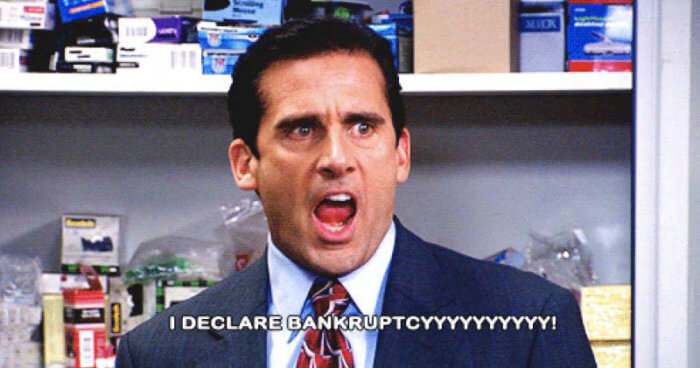No matter how much the celebrities and aristocrats deny it, money is what makes the world go round. We all need money, and we all have our own personalized strategies to obtain it. Some people like to seek shortcuts, while others grind their way to financial stability. In this article, we share some of the best money advice that we have heard from different people, over the years:
Don’t Spend Too Much on Food, Transport and Housing
The three most significant money-sucking expenses in any person’s life are food, transport, and housing. If you manage to spend the least amount of money on the “big three,” while maintaining a sense of happiness, then you can end up saving a lot of money.

An excellent way to do this is by sharing living space, cooking your own meals, and using public transport. Apparently, when you have saved enough money, you can try to improve your quality of life, and perhaps move into your own apartment, or buy a car.
Round up the Bill and Pay Extra
It might sound a bit strange, but if you round up every bill and pay a few extra dollars, not only does it mean you’d pay a bit less next time, it would also leave a good impression on the billing company.

So, suppose your bill comes out to be 195$. Instead of going through your drawers to find the necessary change, just pay 200$. Trust me, you won’t really be missing the 5$, but will be learning a great new habit.
The Foolproof Snowball Method
If you have a lot of unpaid debts, using the snowball method is going to help. Here’s how it works: You start off by arranging your debts from smallest to largest. Then, you make the minimum possible payments for all the debt accounts, expect the smallest, for which you pay as much as possible. Repeat the process until all debts are paid.

This method works because you eliminate the smallest debt with the greatest amount of money in the least amount of time, and work your way to the top. Try it!
Estimate Your Expenditures and Save Beforehand
This seems like a lot of responsibility, but it’s easy when you break it down. So, most of the times we already know what our expenditures for the rest of the month look like. Gas for the car, rent for the apartment, utility bills, and perhaps loan installments?

Calculate a ballpark figure for your expenditures in your mind and then make sure you put in the necessary hours throughout the month. If you can foresee spending some additional money in the coming month, you can start saving up a month earlier.
Add to Your Savings Every Month
Many experts believe that the biggest problem with our generation is that we don’t save money until it becomes too late. We are not talking retirement savings or putting a grand in the bank every month, we are talking a dollar for every 100 you earn.

So, let’s say you earn $3000 every month. By the above formula, you would only be putting $30 away every month, but if you sit down to calculate, after say ten years, you would have saved $3600, which is not too shabby for just a dollar per 100?
Make a Budget and Stick to it
A budget helps in more ways than one. Not only are you able to know how much you can spend on a commodity, but you are also able to assign the maximum amount of money to the things that matter the most, without running out of money (if you do it right).

So, before every month, pen down the things that you’d be requiring and associated costs with them. Then, when you see the constraints and the needs, make trade-offs wherever necessary to make the numbers work.
Don’t withdraw from Your 401 (K)
The best part about your retirement savings is that they are impervious to garnishment and bankruptcy. The worst part though is that if you withdraw from them before you turn 59 ½, you will have to pay a 10% withdrawal penalty, and not to mention, taxes.

So, as a rule of thumb, don’t ever consider your 401 (k) account whenever you are in need of money. It’s better to ask a friend for a loan than the federal government.
If You Can’t Afford Two, You Can’t Afford One
This suggestion is still in the hypothesis stage, but many millennials seem to have developed an interest in it. Basically, what it says is that if you can’t afford two of whatever you are buying, don’t buy it.

For example, if you are about to buy an egg that costs $2 and you only have $3 to your name, then because 2*2=4>3, you shouldn’t be buying the egg.
